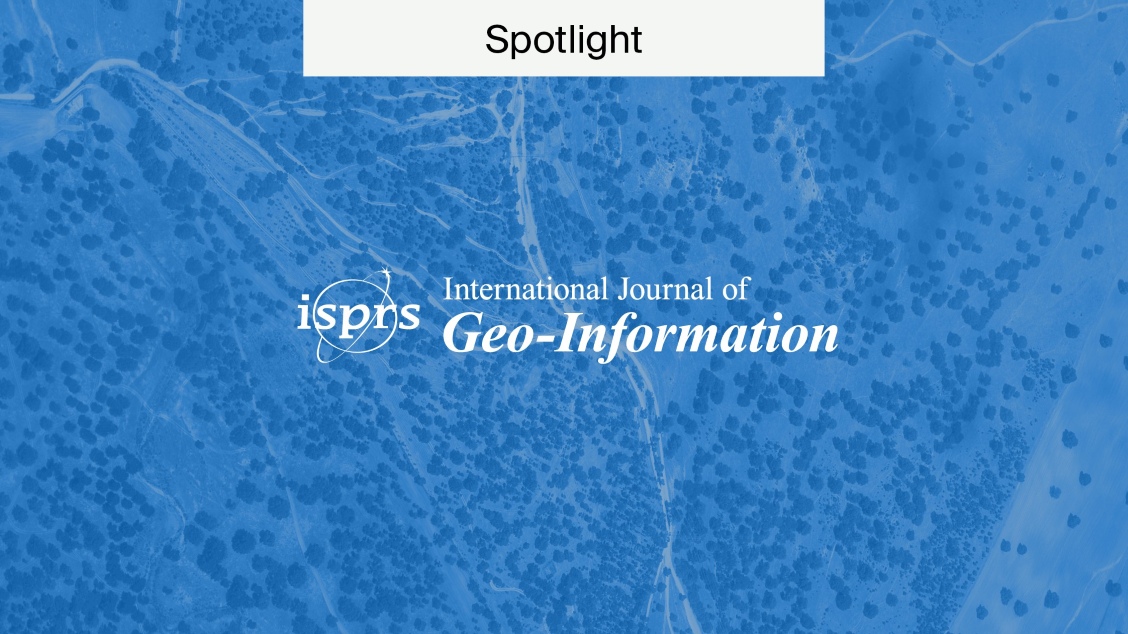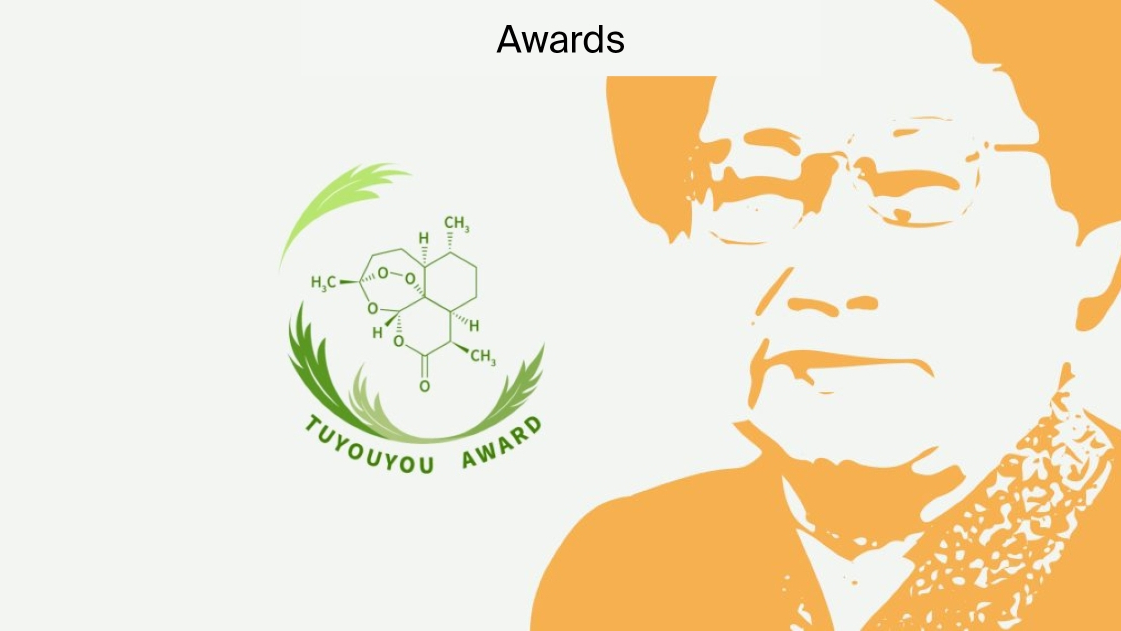
Over 300 MDPI Journals are Indexed in Web of Science
The number of MDPI journals indexed in the Web of Science database has surpassed 300. This is a significant milestone in MDPI’s mission to advance open science.
This achievement reflects the dedication of our authors, editors, reviewers, and of course the entire MDPI team. For the academic community, this means greater visibility and impact for high-quality Open Access research. It also reinforces the trust that scholars place in MDPI as a platform for advancing scientific knowledge.
– Stefan Tochev, Chief Executive Officer
Here, we explore the importance of indexing and what this milestone means for MDPI and open scholarly research. Furthermore, we address how MDPI’s commitment to high-quality research is achieved through its dedicated global team.
Moreover, Constanze Schelhorn, Head of Indexing, and Giulia Stefenelli, Scientific Communications Lead, provide their perspectives on this achievement.
Importance of indexing scholarly material
Indexing is essential to scholarly research. Rather than having to browse several publishers’ platforms for research, indexes collate work in one place. They have search functions and often organise research into different into disciplines, topics, etc. This is highly important given the massive quantity of research being published every day across the globe.
Indexing databases have specific criteria that journals must follow in order to be indexed in their platforms. Factors include the journal’s age, number of annual publications, scope, editorial rigour, scientific quality, adherence to best practices, etc.
The Web of Science Core Collection is the world’s leading database and contains 6 indexes/editions.
How MDPI ensures the publication of high-quality research
Being indexed in the Web of Science database requires meeting a set of criteria. For example, to be indexed in ESCI, journals must first meet 24 quality criteria.
Constanze Schelhorn, Head of Indexing, outlines the high quality standards that led to over 300 MDPI journals passing the quality criteria necessary for indexing in Web of Science:
MDPI has a well-structured quality assurance framework that applies to all journals. This starts with the careful selection of editorial boards.
We appoint independent Academic Editors with recognized expertise in their fields and a strong commitment to ethical publishing. Their role is crucial, as they oversee the peer review process, ensuring that scientific merit and rigorous evaluation guide editorial decisions.
We also apply clear, standardized peer review policies across our portfolio, ensuring transparency and consistency. To support this, our in-house editorial staff work closely with Academic Editors. This is reinforced through ongoing editorial training.
To monitor and strengthen quality over time, we have also established regular internal audits. These audits look at peer review, editorial decision-making, ethical compliance, and editorial independence. They ensure that each journal upholds the standards expected by the scientific community and indexing bodies.
In addition, we are aware that the publishing landscape is constantly evolving, so our quality assurance approach is dynamic. We are continually adapting our policies to address emerging challenges whilst also aligning our practices with industry standard guidelines, mainly focusing on COPE.
Furthermore, we maintain ongoing dialogue with major indexing services like Web of Science and Scopus, ensuring our practices evolve in line with their expectations.
Diverse talent across scientific publishing
Schelhorn continues by highlighting three key groups that enabled MDPI’s indexing milestones to be possible:
First, our Academic Editors. They are truly at the heart of ensuring scientific rigor in our journals. Their expertise, independence, and commitment to fair and transparent peer review are essential.
Second, our in-house staff, who provide the technical, administrative, and quality management support that keep each journal running smoothly.
And last but not least, our global community of peer reviewers. Thousands of researchers contribute their time and expertise to ensure that each manuscript is critically assessed before publication.
Maintaining high quality standards is a collaborative effort across the entire publishing ecosystem. It reflects a mutual understanding and shared commitment to advancing open science with rigour.
MDPI is advancing open scientific exchange
Giulia Stefenelli, Scientific Communications Lead, describes how this achievement contributes to advancing research and knowledge dissemination globally:
This achievement is a step forward for Open Access research, reinforcing the mission to share scientific knowledge globally and facilitate research progress.
For journals in the portfolio, being indexed in WoS promotes their visibility and the impact of the research published. In fact, it allows scholars worldwide to discover and cite cutting-edge studies, promoting interdisciplinary and international collaboration and accelerating knowledge exchange.
This milestone reflects a strong commitment to research integrity and rigorous peer review, ensuring the credibility of published work whilst also strengthening MDPI’s global presence and opening new opportunities for collaboration with universities, research institutions, funding agencies, and academic consortia and societies.
Stefenelli then goes on to describe how indexing in Web of Science benefits research:
Indexing in Web of Science increases the discoverability of research published in these journals, enabling scholars around the world to engage with and build upon current findings. It fosters international collaboration, supports interdisciplinary dialogue, and accelerates the exchange of ideas.
More broadly, it encourages stronger connections with universities, research institutions, and academic societies, creating new opportunities for collaboration and community engagement.
Prioritising the real-world impact of research
Alongside ensuring that journals are indexed in the relevant databases, Stefenelli explains how
MDPI also prioritizes the real-world impact of the research it publishes.
As a San Francisco Declaration on Research Assessment (DORA) signatory, MDPI values impact assessment beyond citations, emphasizing Open Access, practical applications, interdisciplinary collaborations, and stakeholder engagement. By supporting emerging research fields and considering alternative metrics such as Altmetrics, MDPI ensures that research connects with industry, policymakers, and the public, translating into meaningful societal advancements.
We remain committed to expanding the visibility of published research by ensuring inclusion in both major academic databases and discipline-specific repositories, helping to reach the widest and most relevant scientific communities.
MDPI also ensures the long-term digital preservation of all MDPI titles through CLOCKSS and the Swiss National Library (e-Helvetica), as a commitment to safeguarding scholarly knowledge for future generations.
Publish with MDPI, publish with impact
MDPI is committed to Open Access publishing and ensuring that high-quality research reaches a global audience.
Over 300 MDPI journals being indexed by Web of Science is a direct reflection of the collaboration across MDPI’s global team and also the commitment to open science across the academic community.
Publishing with MDPI means that your research will be managed by a highly skilled workforce dedicated to ensuring it is visible and can achieve the greatest impact possible.
Click here if you want to see the full list of journals indexed by the Web of Science.










